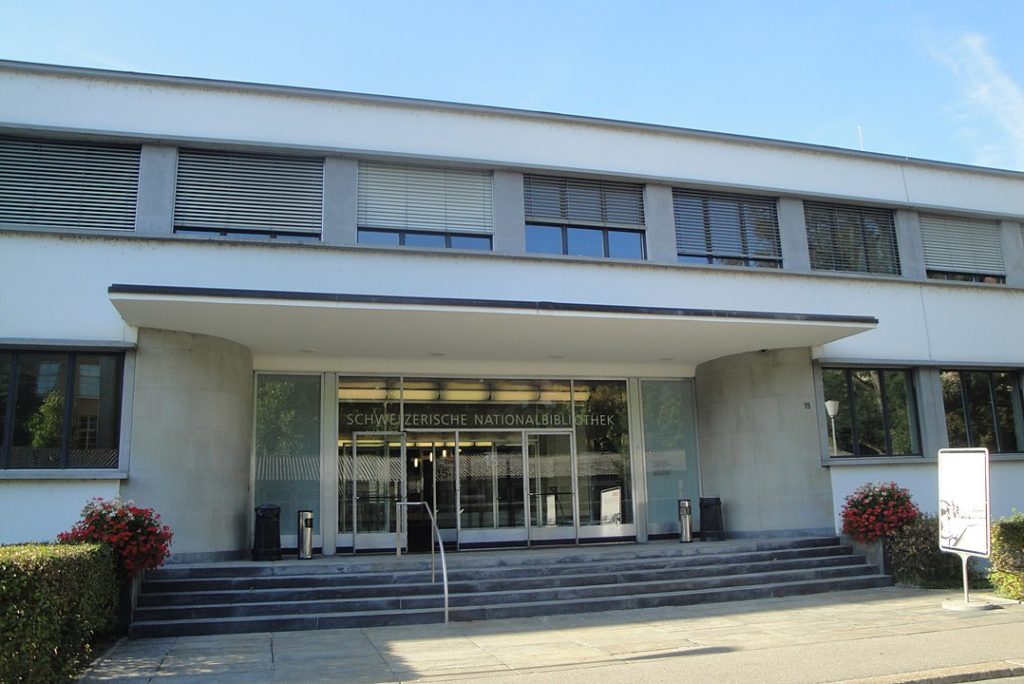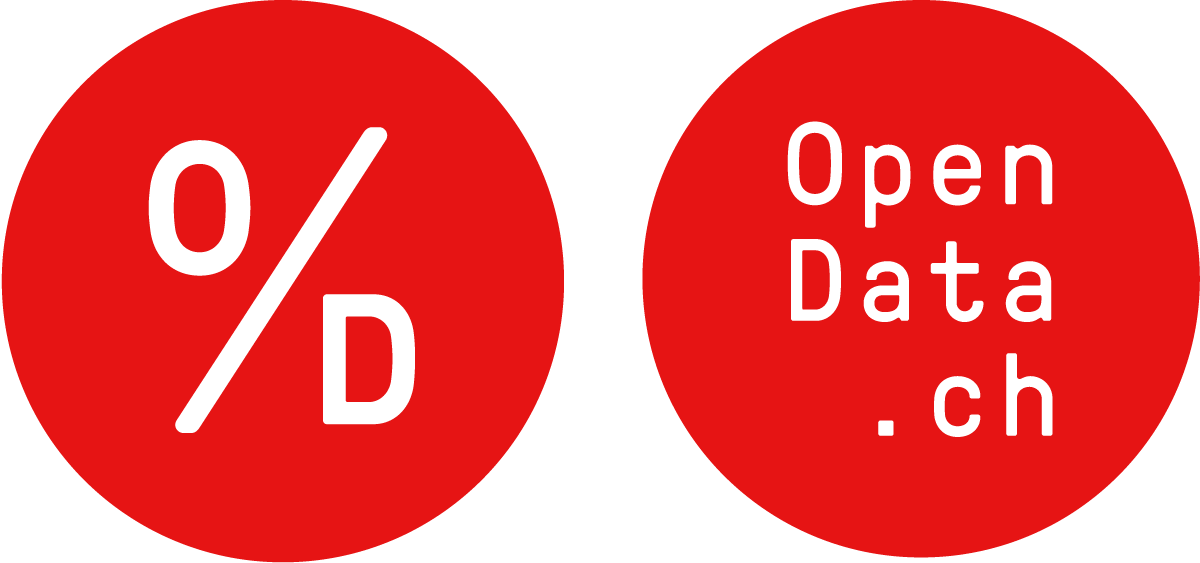#GLAMhack 5th Anniversary – 29 February 2020
- GLAM
On Saturday, 29 February 2020, we will celebrate the 5th Anniversary of the Swiss Open Cultural Data Hackathon at the National Library in Bern. On this occasion, we are organizing two workshops and a short retrospective. Depending on the participants, the workshops will be held in English or in French and German.
Participation is free of charge and open to anybody interested. For practical reasons, we kindly ask you to register here.
Programme:
- 10h-12h Workshop: Linked Open Data Ecosystem for Heritage Data (details below)
- 12h-13h Lunch Break
- 13h-14h Retrospective of the first 5 editions of the #GLAMhack
- 14h-16h Workshop: Challenges for the #GLAMhack2020 (details below)

Workshop: Linked Open Data Ecosystem for Heritage Data
During the workshop, we will take inspiration from the Linked Open Data Ecosystem for the Performing Arts to guide our thoughts about the development of a linked open data ecosystem for heritage data. After an introduction to the data ecosystem approach, we will work in three thematic groups to discuss the next steps in view of the establishment of a Linked Open Data Ecosystem for Heritage Data in Switzerland.
Theme 1: Inventory of Swiss heritage institutions
Moderated by: Heike Bazak (VSA) and Matthias Nepfer (NB)
Theme 2: Interlinking of holdings (“archives at” in Wikidata)
Moderated by: Michael Gasser (ETH-Bibliothek) and Lothar Schmitt (ZB Zürich)
Theme 3: Linked data in the context of heritage data platforms: data provision and semantic search
Moderated by: Bernd Uttenweiler (ETH-Bibliothek) and Beat Estermann (BFH)
Workshop: Challenges and project ideas for the #GLAMhack2020
In view of the 2020 edition of the #GLAMhack (4-6 June at the FHGR in Chur), we propose a collective brainstorming session to try and formulate some interesting challenges. If you already have a specific project idea, this is the opportunity to present it, get feedback and find people to work with. The main focus of the hackathon will lie on Linked Open Data, Machine Learning, Human-Computer-Interaction and Crowdsourcing.
